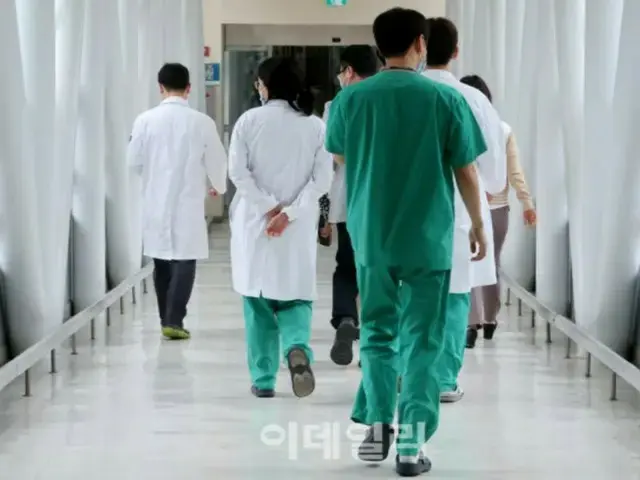The ambulance crew who took a woman in her 40s who had lost consciousness after swallowing a month's worth of sleeping pills contacted a hospital and said, "She's a drug addict.
I asked, "I have a patient with poisoning. Can you accept me?" but was told, "It's difficult." Other hospitals also said, "It's not possible," "There are no vacancies in the intensive care unit, so it's difficult to accept me," and "The patient is
The ambulance was not able to accept the patient because the ambulance was unable to accept the patient because the patient had to undergo gastric lavage before the drug was digested.
After a half hour of contacting 40 hospitals and pleading with them to accept the patient, no hospital was found. In the end, the parents gave up on going to the hospital, and the ambulance staff told them, "You can't go back home."
"I don't recommend that you do that. The next place we meet may be at a funeral home," he said. However, the patient returned home and his condition is unknown.
On the same day, at around 7:32 a.m. in Gwangju, a student from Chosun University was found collapsed in a state of cardiac arrest.
The student was rushed to the emergency room of another hospital, instead of the university hospital's emergency room, which was about 100 meters away, and was in critical condition. At the time, the medical staff at the emergency room of the Korea University Hospital were treating another patient,
According to statistics from the Fire and Disaster Management Agency, 119 ambulances had not been able to reach the hospital by phone to inquire whether they could transport the patient.
There were 17 cases in which a person was re-transferred four or more times, exceeding the annual records for last year (16 cases) and 2022 (10 cases) even though the first half of the year has not yet ended.
2024/09/06 12:04 KST
Copyrights(C) Edaily wowkorea.jp 85

